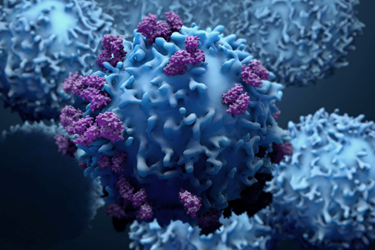Alleviate Growing Pains In Cell Therapy By Transitioning To Molecular-Based Detection And Testing

The rapid evolution of cell therapy manufacturing necessitates a transition from traditional, growth-based analytical testing to faster, molecular-based methods. Growth-based methods can result in lengthy turnaround times—up to 28 days for mycoplasma detection and five days for sterility testing—creating bottlenecks in production.
Moving to molecular-based detection and testing can alleviate these growing pains, helping accelerate the delivery of safe, effective treatments. These advanced technologies, which utilize real-time quantitative PCR (qPCR), offer several key advantages, including improved cost control, enhanced efficiency, and faster response times to contamination issues.
Specifically, integrated qPCR systems like the MycoSEQ™ Mycoplasma Detection system and the SteriSEQ™ Rapid Sterility Testing system offer actionable results in less than five hours for both mycoplasma and sterility testing, respectively. The MycoSEQ system detects mycoplasma at or exceeding regulatory sensitivity guidelines, and the SteriSEQ system offers a comprehensive, single-well, multiplexed assay for both bacterial and fungal contamination.
Learn more about how to bring the speed and accuracy of molecular-based testing to your cell therapy workflow.
Get unlimited access to:
Enter your credentials below to log in. Not yet a member of Bioprocess Online? Subscribe today.
